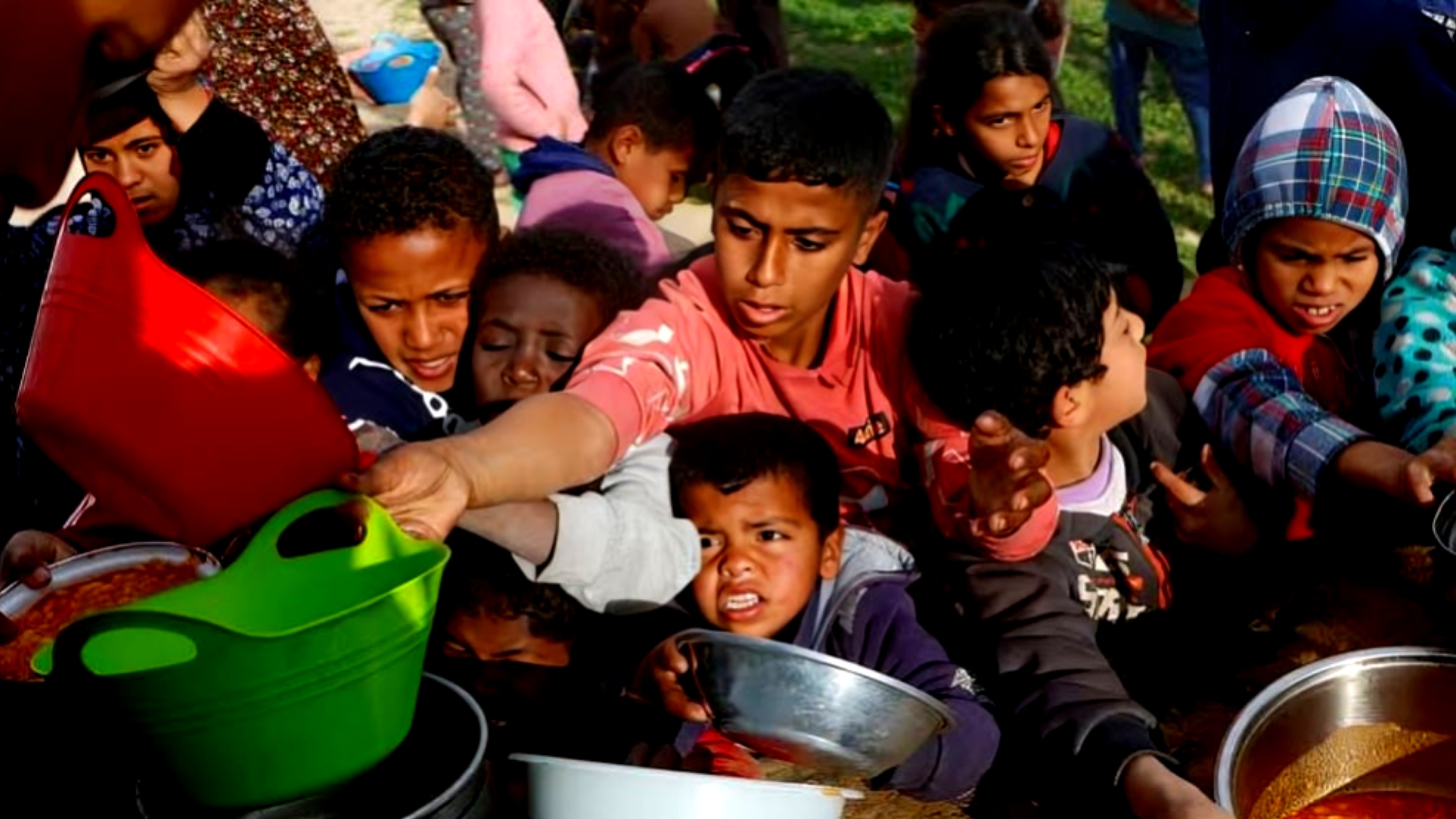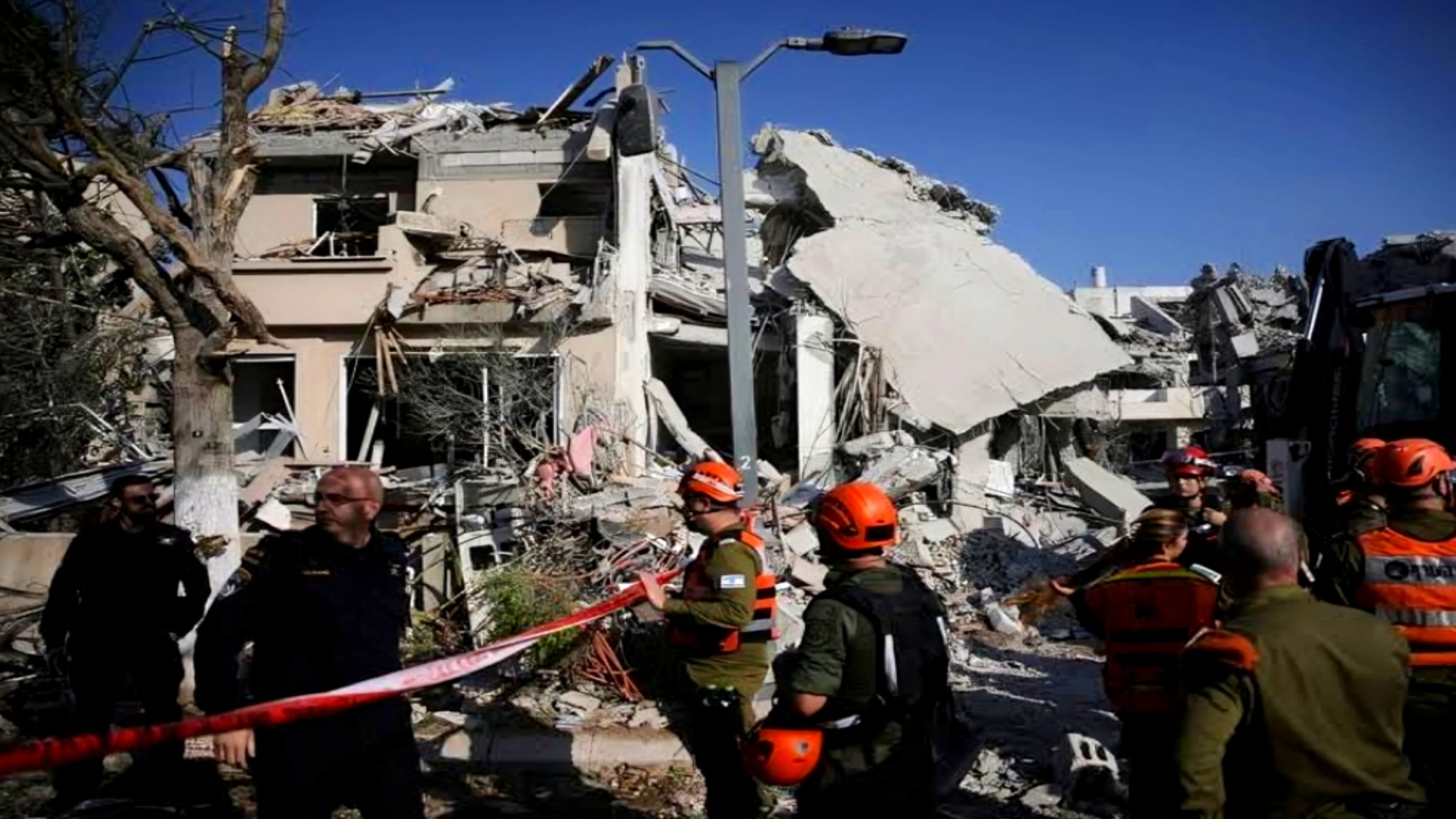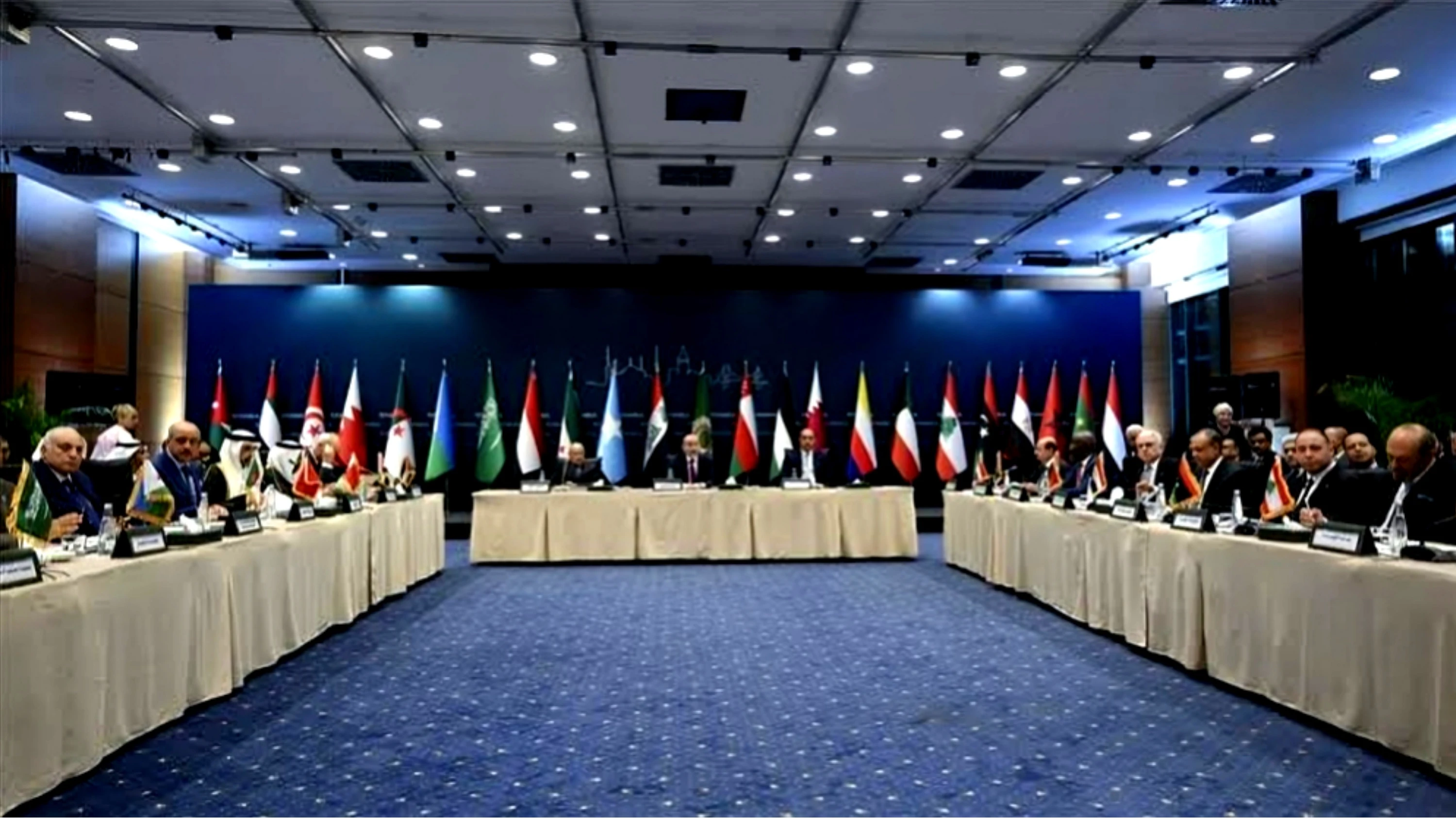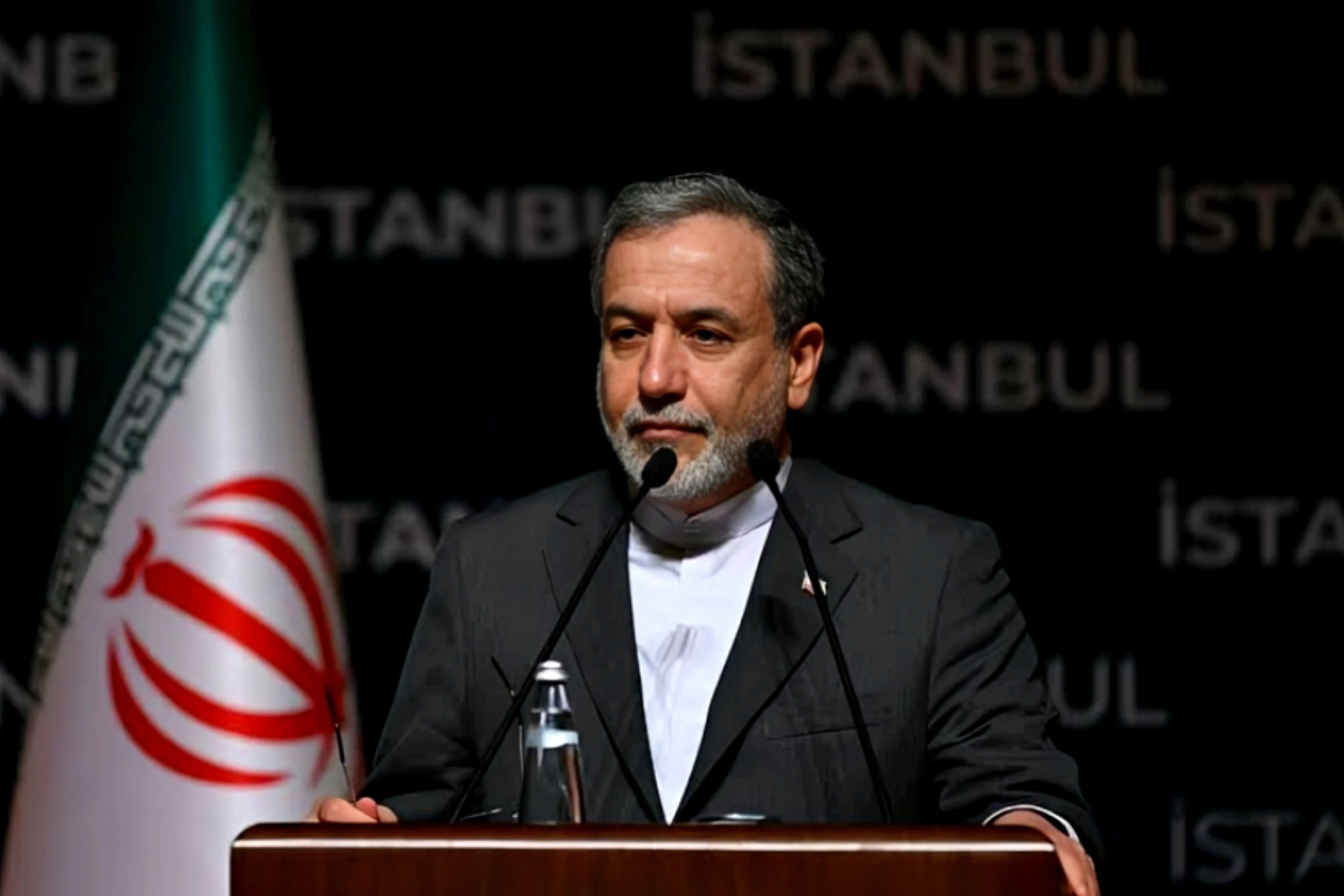Gaza: The United Nations Office for the Coordination of Humanitarian Affairs (OCHA) has reported a sharp rise in food prices in Gaza, warning that recent aid supplies may soon run out due to Israel’s blockade on humanitarian assistance.
According to OCHA, prices of essential goods, including flour and vegetables, have doubled in some areas, confirmed by the residents of Gaza. The agency warned that if restrictions continue, "at least 80 community kitchens could soon run out of supplies," and the remaining food aid supporting 500,000 people could also be depleted quickly.
Israeli Prime Minister Benjamin Netanyahu recently decided to halt aid deliveries to Gaza, accusing Hamas of stealing humanitarian supplies. Netanyahu also rejected a U.S.-proposed ceasefire extension, blaming Hamas for refusing to prolong the truce. Hamas, in response, condemned the blockade as an "act of extortion."
Since the ceasefire agreement on January 19, thousands of aid trucks had entered Gaza weekly. However, following the end of the first phase of the ceasefire, Netanyahu's office accused Hamas of "looting aid to support its terrorist machine." Hamas has previously denied allegations of seizing humanitarian assistance.
OCHA reported that, due to the blockade, some community kitchens still in operation have been forced to ration food supplies and reduce distribution times to manage shortages. Aid workers anticipate they will soon have to further cut portion sizes as existing food stocks rapidly diminish.
Residents in Khan Younis told news agencies that essential food prices had doubled overnight. For instance, the price of one kilogram of tomatoes rose from five shekels to ten, while cucumbers increased from six shekels to 17.
One resident, Issam, described the dire situation: "We can barely afford a kilogram of tomatoes to satisfy our hunger. People simply cannot buy food because they have no cash."
Caroline Seguin, a spokesperson for Médecins Sans Frontières (MSF), stated that panic and uncertainty had driven prices even higher. She accused Israel of using aid as a bargaining tool, calling the blockade "an unacceptable and cruel measure with devastating consequences."
Qatar and Egypt, both involved in mediating ceasefire negotiations, have condemned Israel’s actions. Qatar’s Foreign Ministry labeled the blockade a "clear violation of the ceasefire agreement and international humanitarian law."
The Egyptian Foreign Ministry also accused Israel of weaponizing hunger against Palestinians, stating that it is using starvation "as a tool of war."
David Mencer, a spokesperson for the Israeli Prime Minister’s Office, claimed that Hamas had been stockpiling supplies for months. "There is food in Gaza, but Hamas is not distributing it," he said in a video briefing.
The blockade has affected not just food but all forms of humanitarian aid. The Palestinian Medical Aid Foundation (MAP) reported that it has limited supplies for its clinics in Gaza, including medical kits for people with disabilities and essential medicines.
The ongoing war began after Hamas launched an attack on Israel on October 7, 2023, killing around 1,200 people and taking 251 hostages. Israel retaliated with massive air and ground strikes on Gaza, which, according to Hamas officials, have killed more than 48,000 people.
The recent ceasefire was aimed at ending 15 months of conflict, but with the blockade and continued hostilities, the humanitarian crisis in Gaza is worsening rapidly.








